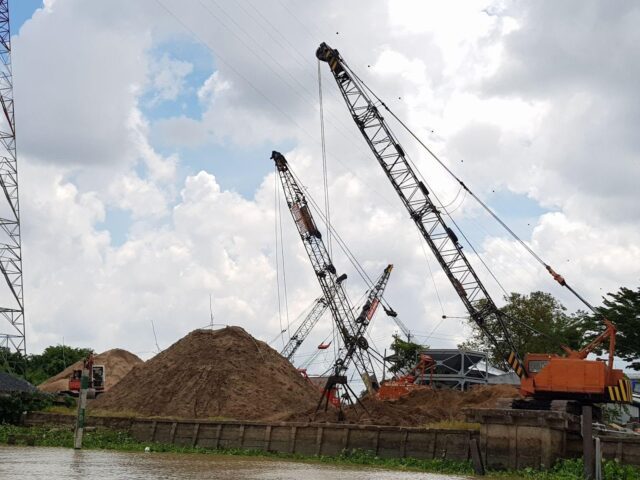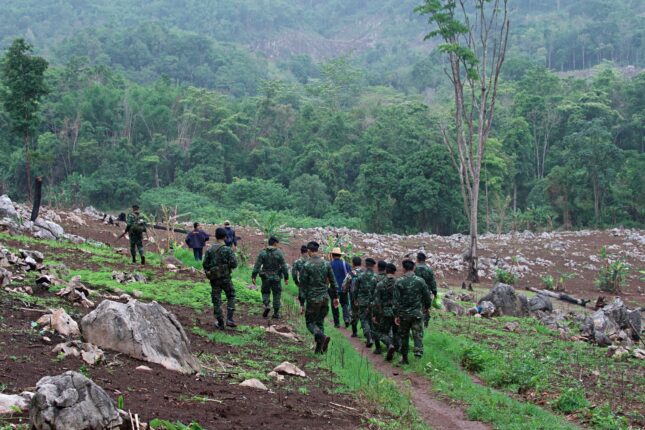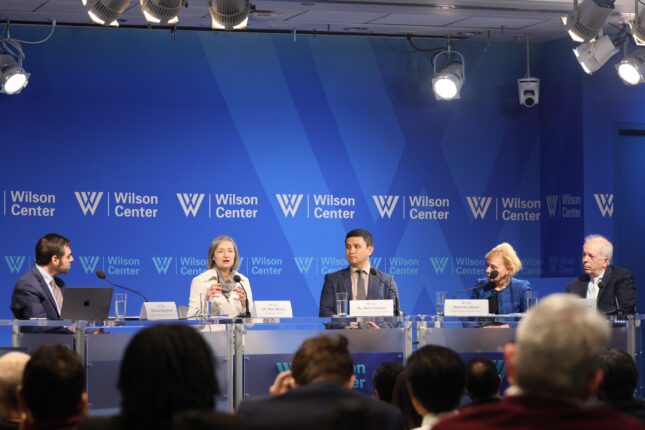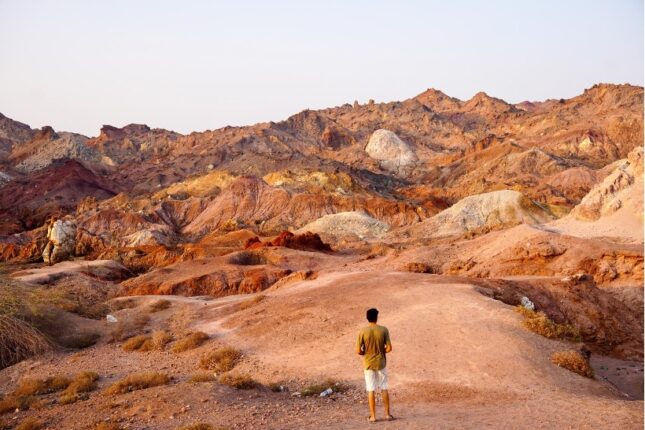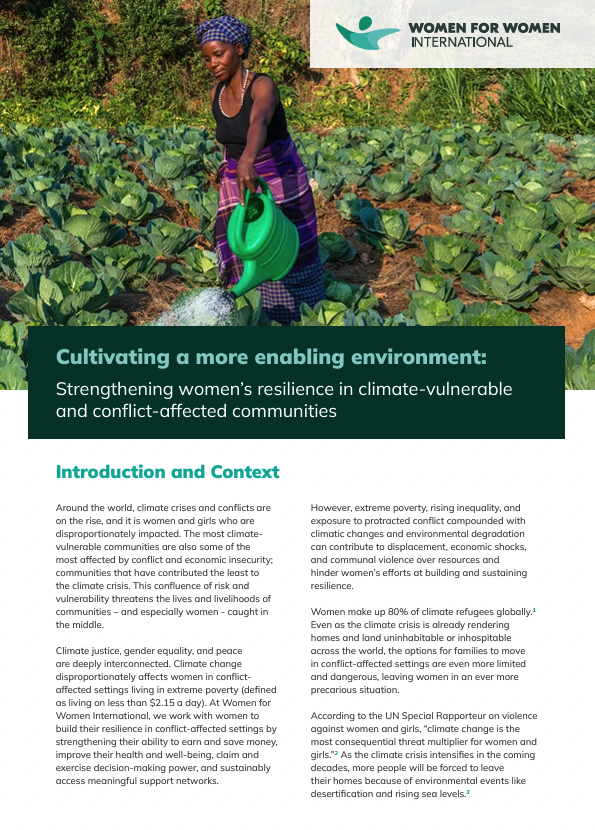-
Thought-leaders and Frontline Workers in Environmental Peacebuilding: An Oral History | Dr. Dhanasree Jayaram
›Environmental Peacebuilding Oral History // New Security Broadcast // May 10, 2024 // By Claire Doyle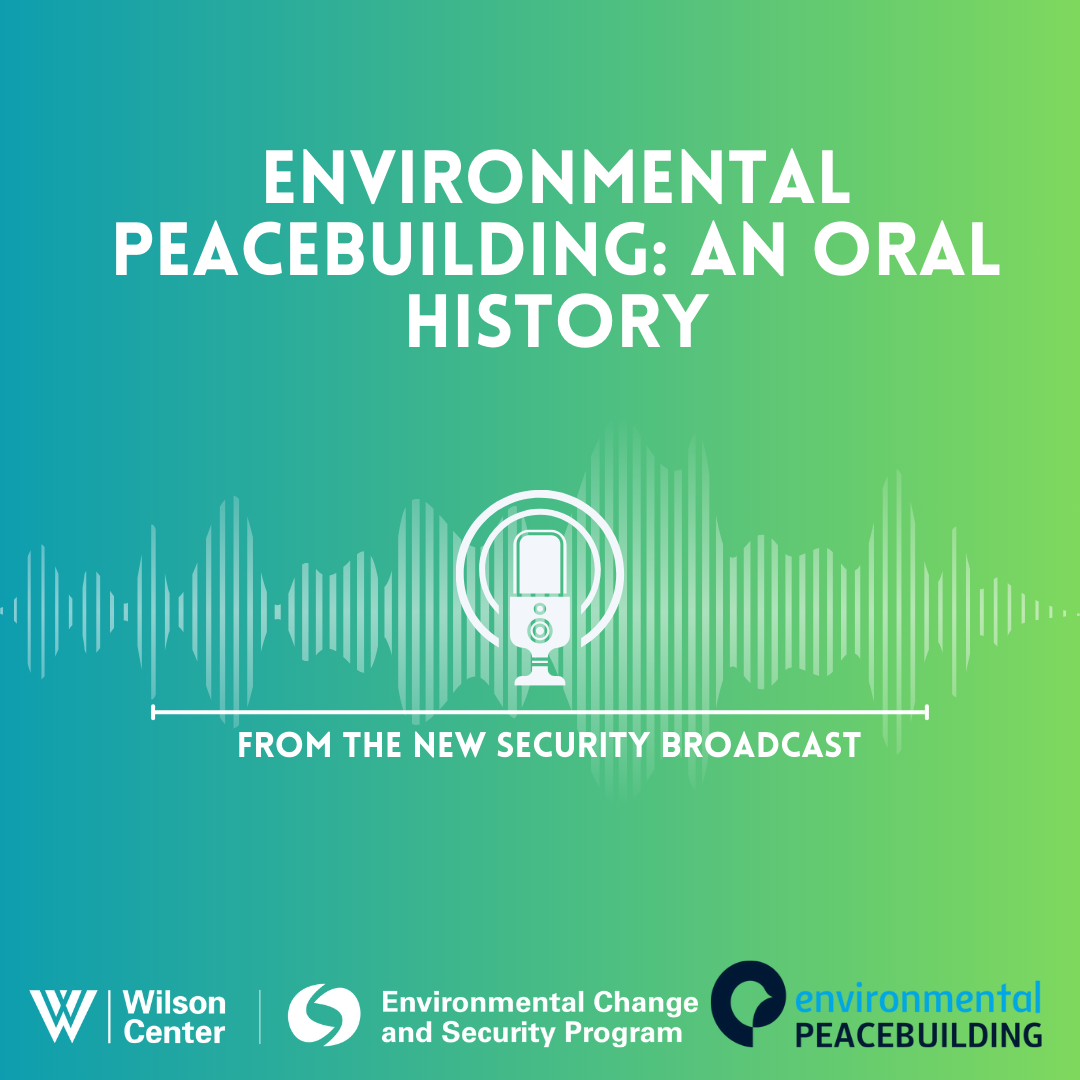
In today’s episode of New Security Broadcast, ECSP’s Claire Doyle speaks with Dr. Dhanasree Jayaram, Program Manager at Climate Diplomacy and Assistant Professor at the Manipal Academy of Higher Education in India. Dr. Jayaram describes what environmental peacebuilding looks like in the context of South Asia, how climate diplomacy connects to environmental peacebuilding, and how the field has evolved. In looking at the future of environmental peacebuilding, she also raises insights and questions that an environmental peacebuilding lens can help us consider as we push forward on climate action.
-
Shifting Sands: Charting a Course for Sustainable Sand Harvesting in Southeast Asia
›The construction boom across Southeast Asia, driven by burgeoning urban development and infrastructure projects, vividly highlights the dual impacts of progress. For instance, the rapid expansion of road networks, ports, and urban centers, while catalyzing economic growth, has also led to significant environmental and social displacement. These projects rely heavily on sand, a fundamental component of concrete and asphalt, extracted in vast quantities from local riverbeds. Annually, this global demand reaches approximately 50 billion tons, positioning sand as the world’s most consumed resource after water. In the Vietnamese Mekong Delta alone, 50 million cubic meters of sand are extracted annually.
-
Beyond Complicity, Obstruction and Geopolitics: Military Forces and Climate Security
›
The contentious and ambiguous entanglement that military forces have with their natural environment inevitably sparkles public interest and academic research. So how does the existing scholarly work inform our assessment of this convergence?
-
Thought-leaders and Frontline Workers in Environmental Peacebuilding: An Oral History | Dr. Erika Weinthal
›Environmental Peacebuilding Oral History // New Security Broadcast // April 12, 2024 // By Wilson Center Staff
Today’s episode of New Security Broadcast is hosted by ECSP in collaboration with the Environmental Peacebuilding Association as part of a special series: “Thought-leaders and Frontline Workers in Environmental Peacebuilding: An Oral History.” The series features interviews with academics, practitioners, and frontline workers to trace the history and evolution of the field of environmental peacebuilding.
-
Water @ Wilson | MODSNOW: A New Tool for Water Security in Central and South Asia
›
Central and South Asia’s water resources are critical for the region’s water, energy, food and environmental security. Major rivers in the region originate from the Hindu-Kush-Himalaya, Pamir, and Tien Shan Mountain Ranges and flow across multiple countries. Unique geographical characteristics make water management a complex and challenging task that is further complicated by a changing climate and increasing demand affecting diminishing water resources.
-
ECSP Weekly Watch | March 11 – 15
›
A window into what we are reading at the Wilson Center’s Environmental Change and Security Program
China is Leading the World on Renewable Energy (Yale 360)
In November, Chinese and U.S. climate envoys pledged to triple global renewable energy by 2030, signaling renewed cooperation between the top two greenhouse gas emitters. However, the two countries are not quite on equal footing when it comes to renewable energy.
-
Heat, Oil, and Dust: The State of Iran’s Lakes and Its Climate Future
›
Iran’s southeastern province of Khuzestan—which borders Iraq—was already a dry and dangerous place. It was the site of the fiercest battles in the Iraq-Iran war which followed the Iranian Revolution in 1979, and to this day, the region still has many unexploded landmines.
Yet this legacy of violence is not the only issue facing its residents. As climate impacts mount in Khuzestan, the future looks bleak for both the region’s ecosystems and the people already living on this borderline.
-
The Arc | Climate, Conflict, and Women’s Resilience: A Recent Women for Women International Report
›
In today’s episode of The Arc, ECSP’s Angus Soderberg and Claire Doyle interview Nisha Singh and Kavin Mirteekhan from Women for Women International. We dive into the organization’s recent report, “Cultivating a more enabling environment: Strengthening women’s resilience in climate-vulnerable and conflict-affected communities,” to hear how women around the world are disproportionately impacted by conflict and climate shocks—and what we can learn from their solutions.
Showing posts from category environmental security.


